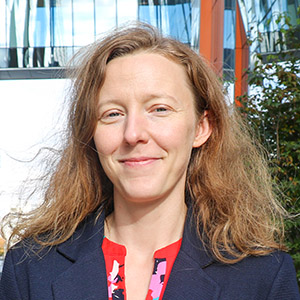We’re going to need a bigger network
When I first started looking for positions outside of typical academic and research tracks, I discovered an unexpected challenge. I quickly realized I didn’t know all the job titles and keywords I should be searching for.

As I waded through job postings, a friend pointed me toward a potential opportunity. I ended up taking on the role, monitoring and developing a platform for post-publication commenting. I later contributed to studies about communication of issues in the scholarly literature, for instance, through editorial expressions of concern. The work aligned with and expanded my skills and interests, the team was wonderful, and the environment was world-class. I happily spent almost four years in that role.
I don’t know that I ever would have thought that such work existed, much less under the title “scientific editor,” and I might have missed it had it not been for that friend.
Networks are embedded in every aspect of professional life, and they hold considerable value and power, even in seemingly innocuous actions. This is one reason we should pay close attention to who is in our networks. Bias infiltrates human decisions. We see the results in many aspects of professional work. The mostly male or all-male panel. The overwhelmingly white speaker lineup. The skew in nominating women for teaching vs. research awards. The disproportionate burden of service work that faculty of color carry.
We like to think that talented and hardworking individuals rise naturally. When we accept that disparities exist, we look to the structural barriers, the systemic issues that individuals from different backgrounds encounter — pervasive bias and discrimination in who gets into a program or hired or published or funded, contributing to bigger gaps at each step along the way. Maybe we recognize a role for stereotypes and social conditioning. But these are big challenges. They feel utterly beyond our control.
Many of these things will take time and commitment — from institutions, professional organizations and our fields at large — to change. But there are places where we have influence, and much of it is through our networks. Whom do we bring into them? Whom do we share opportunities with? Whom do we mention when asked to suggest people who fit a particular bill?
We don’t need to set out to exclude. But if we don’t work to include with equity, we achieve the same outcome. If we just flow with the first person who comes to mind, there’s a good chance we end up propagating networks of individuals and attention that look much as they did before. What if, instead, we paused and asked, “Who else?”
A journalist at the BBC kept running into a problem. He and his colleagues thought that increasing representation of women in the media was a desirable goal, but “We had also accepted that it wasn’t possible.” Until one day they decided to track the genders of those they were putting on air to provide expert commentary. They continued to put the best person on air, but in time, the balance shifted toward gender parity. Their approach spread across the BBC, with other media companies pledging to join the project.
You and I may not be able to lead organizational change in this way. But we can pay attention to the little ways we have influence. When someone asks you to suggest someone to speak at a session or write a commentary, don’t fire off a response immediately. Take a moment to look further.
It’s not just about those at our own professional level and above. Let’s pay attention to whom we’re connecting with at earlier career stages too. Whom do we introduce ourselves to at meetings? Whom do we invite for coffee or offer the chance to connect with our network? Whom do we share our knowledge and experiences with?
Several years ago, I was the anxious, searching, flustered postdoc trying to figure out what I could do with all the experience I’d gained in the lab and beyond that wouldn’t involve staying in the lab. I met and, through my network, was introduced to many people doing lots of different work. I learned things and asked questions that I couldn’t get from reading all the articles about career opportunities for those with science Ph.D.s. As importantly, I made connections that continue to thrive and support me in different ways today. As I meet grad students and postdocs who are now where I was years ago, I try to be generous with my time, experience and connections as others were for me.
Each of us, whether we realize it or not, has power in our networks. It’s up to us to pay attention to how — and to whom — we wield it.
Enjoy reading ASBMB Today?
Become a member to receive the print edition four times a year and the digital edition monthly.
Learn moreFeatured jobs
from the ASBMB career center
Get the latest from ASBMB Today
Enter your email address, and we’ll send you a weekly email with recent articles, interviews and more.
Latest in Careers
Careers highlights or most popular articles
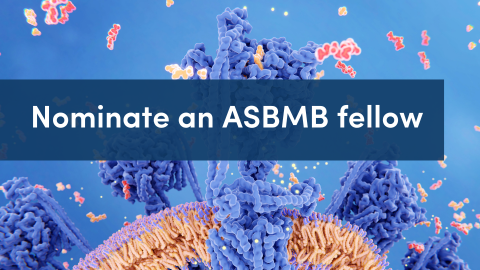
Upcoming opportunities
Nominate a colleague for the distinction of ASBMB fellow to honor their exceptional service to ASBMB and distinguished record of professional accomplishment.

Upcoming opportunities
Friendly reminders to register for the upcoming ASBMB Breakthroughs webinar on nuclear second messenger signaling and ASBMB's in-person symposium on proteomics in Cambridge, Mass.
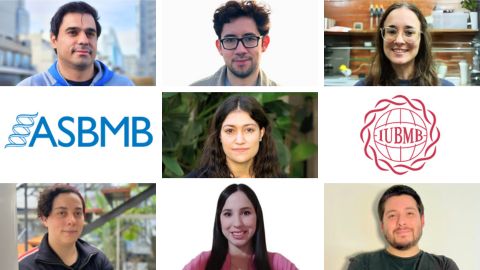
2025 PROLAB awardees announced
Seven early-career scientists receive grants to advance their research by working in North American labs.
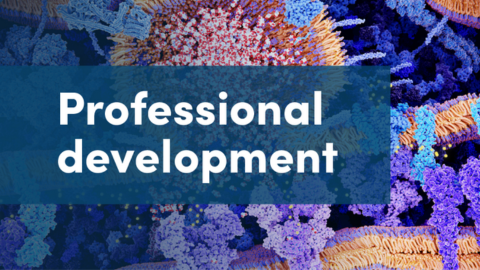
Upcoming opportunities
Register for ASBMB's upcoming free professional development webinars on women in science and commercializing biomedical research.
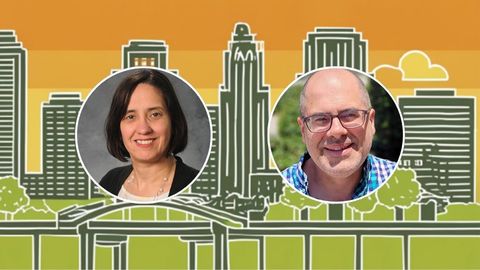
Teach, learn & transform biochemistry education
Meet the co-chairs of the 2025 ASBMB meeting on reimagining undergraduate education in the molecular life sciences to be held July 24–27, 2025 in St. Paul, Minnesota.
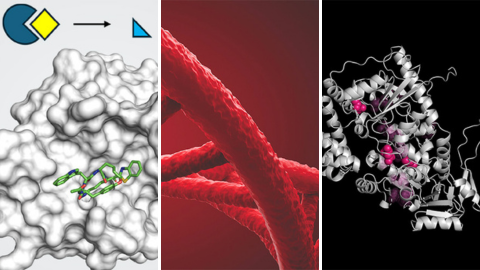
Upcoming opportunities
Submit your abstract for ASBMB's upcoming meetings on nucleophilic proteases, gene expression and O-GlcNAc.

